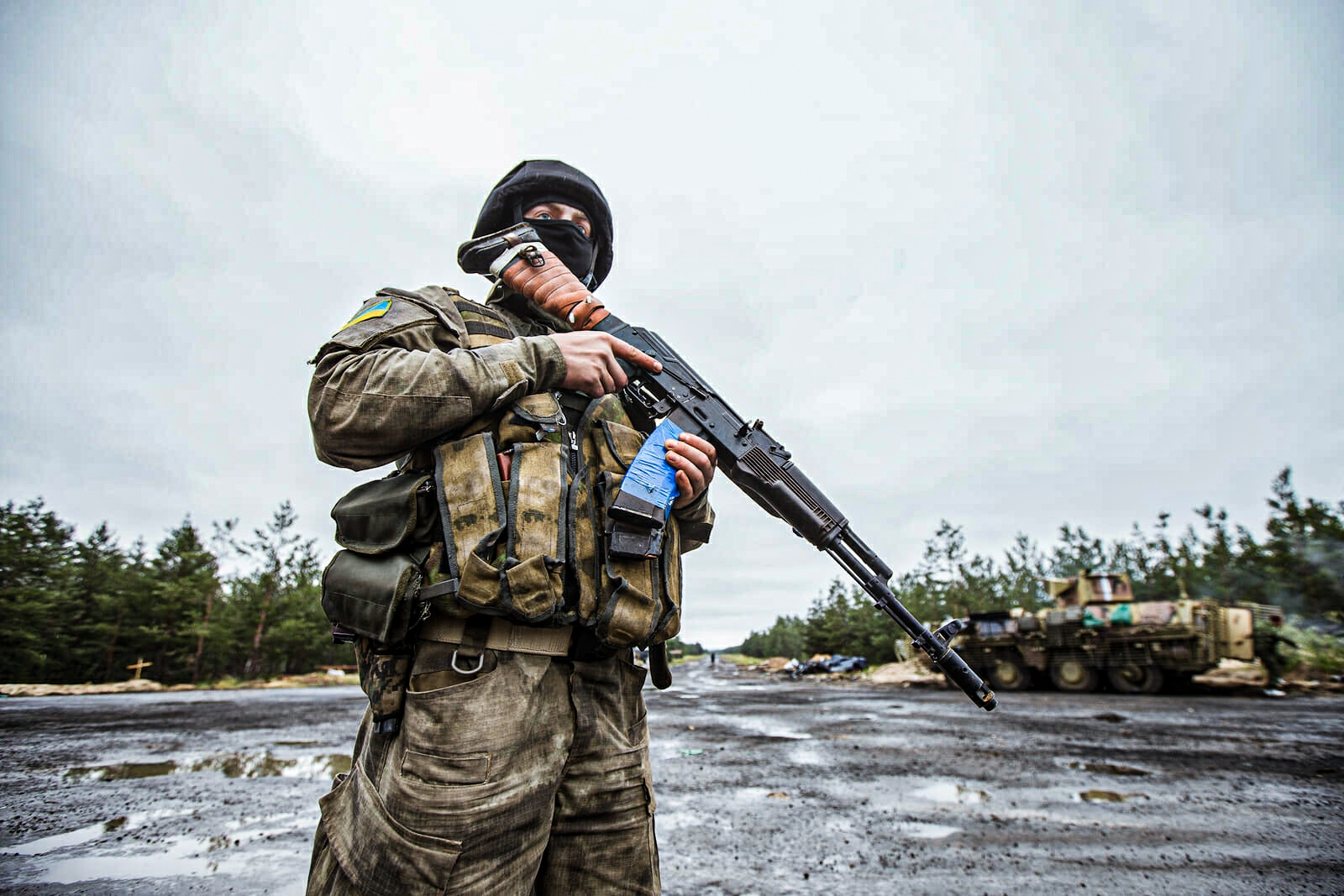
Why ‘Blood Coal’ is Critical for Russian Success in Ukraine
The Russian decision to invade and divide Ukraine in 2014 plunged eastern Ukraine and Crimea into a dangerous and unpredictable future.
The breakaway republics have struggled on, their existence sustained by the Kremlin’s hybrid network of diplomatic, political, military, and financial support. Moscow’s ‘little green men’ have become symbolic of Russia’s blatant – yet publicly denied – efforts to bolster the People’s Republics of Donetsk and Luhansk, and Putin has been willing to maintain this disruptive support for the last five years.
But this backing will, inevitably, begin to fade when the cost becomes too high – and Russia is exploring ways that the DPR and LPR can fund their own independence.
For decades, coal has been the mainstay of the local economy in eastern Ukraine. Now the worst of the fighting is over, a real effort is being made by the local government – with Russian assistance – to ensure the coal industry is reinvigorated and production levels increased. There is still some way to go, with only 14 to 18 of the 40 mines operational in 2014 currently functioning, but the effect this production is having on the region has made analysts refer to it as ‘blood coal.’
Russia is playing a key role in getting this coal to market and generating much-needed funding for the breakaway states. The non-profit organisation Stop Corruption has examined this network in detail. According to their investigation, raw materials and finished products (coal, coke, metal) from the DPR are illegally transported to specialised plants located in the Russian Federation, where the certificate of origin of goods is replaced. Once re-registered, the products are shipped to Europe as Russian coal, thereby evading stringent U.S. and EU sanctions.
Once these products are sold, money is transferred to the accounts of Russian firms to charitable foundations that offer assistance to the DPR government on a royalty-free basis through the unrecognised Russian republic of South Ossetia. As a result, trade with the DPR is made possible outside of the international financial system, a scheme detailed by the Washington Post in November 2018.
Fictitious contracts, logistics firms using ports and railways across Russia, and front companies, often set up as dubious international commodity traders, help smooth this trade in ‘blood coal,’ with Russian businessmen playing a critical role.
One such businessman highlighted by Stop Corruption is Ruslan Borisovich Rostovtsev, a former government official who now reportedly controls over a third of all coal exported from the disputed region. According to the report, around 700,000 tonnes of coal per year is rebranded as originating from his mines in Siberia, before being sent to Europe.
A number of offshore companies registered in the British Virgin Islands and Cyprus help hide the ownership of his network of trading and logistics firms, while Swiss firm Kaproben Handels AG manages the financial income generated. Kaproben Handels is heavily linked to the ‘Moldovan laundromat,’ with reports estimating that Rostovtsev has laundered over $400 million through the illegal scheme.
Rostovtsev is one of the leading operational players in the illegal coal trade with Donetsk, but his importance has gone relatively unnoticed. He is a partner of Andrei Bokarev, a billionaire businessman named on the January 2018 U.S. Treasury’s oligarch list who is himself involved in the coal trade: OOO UGMK-Holding and its subsidiary AO UK Kuzbassrazregugol (KRU) are regular exporters of coal through the Cypriot trading house Carbo One Ltd (formerly KRUTrade AG).
The concern for the West and for the new president of Ukraine, Volodymyr Zelensky, is that the ongoing management of this lucrative trade will only serve to further validate the DPR and LPR while embedding Russian interests further into the breakaway region. The funds received by the illegal states from ‘blood coal’ go some way towards establishing their permanence, making them harder to dislodge.
Without serious action to counter these actions, Kyiv and its Western allies are only helping prolong this dangerous and unpredictable future for the region.
